Expression of Interest: EdTech companies
Introduction
The Department for Education (DfE) is pleased to announce the launch of a new EdTech Impact Testbed Pilot. This initiative aims to identify and evaluate innovative educational technologies that can enhance teaching and learning and reduce workload in schools and colleges across England. We invite EdTech companies and tool developers to submit their applications of interest to have their tools considered for inclusion in this pilot scheme.
The UK government is committed to leveraging technology to modernise the education sector. Recent initiatives have demonstrated the significant impact of EdTech on teaching and learning. To help address current gaps in evidence on the impact and scalability of promising technologies, the DfE has committed more than £1 million in funding. This pilot aims to provide a structured environment for testing and evaluating new technologies.
The EdTech Impact Testbed Pilot will be approximately a 9-month pilot with a testing period of 6-12 weeks. To maximise the insights gained from this pilot, there is an expectation for participants to contribute to light-touch evaluation and monitoring activities. For evaluation purposes, participants will be expected to share backend data from their tool.
Purpose
The EdTech Impact Testbed Pilot Scheme is designed to:
- Identify EdTech tools. The scheme will be used to identify promising technologies that have the potential to enhance teaching and learning.
- Generate evidence. The scheme will be used to support EdTech organisations and education settings in collecting evidence on the impact of their tools and use of technology. The evidence will be used to help schools and colleges make informed decisions about appropriate tools to address their needs.
- Test the Testbed. The scheme will be used to explore how best a testbed can be designed to deliver on each of these aims.
The EdTech Impact Testbed Pilot will test tools that aim to positively impact the three following education objectives:
- Reducing teacher and administrative workload.
- Improving pupil learning outcomes.
- Increasing levels of inclusion in learning of children with special educational needs and disabilities (SEND).
Eligibility
We invite applications from EdTech companies of any size, from start-ups to established firms, including tool developers.
Benefits
Participants in the EdTech Impact Testbed Pilot will receive:
- Access to real-world feedback. Selected tools will be tested in real educational settings, providing valuable feedback and evidence on the impact of their tool.
- Development opportunities. Receive access to generated evidence and user feedback from real-world settings, to help guide product development.
- Collaboration opportunities. Connect with other EdTech innovators, educational institutions, and relevant stakeholders.
Please note that if you are not selected to participate in the initial testbed, you may be selected for future pilots. We may reach out to you to see if you would be willing to participate in other activities to support our work.
Application Process
Interested EdTech companies and tool developers are invited to apply by 1st September.
This questionnaire covers:
- An overview of the company and the proposed tool for testing.
- A statement of interest outlining the reasons for wanting to participate in the pilot scheme.
- Details of the key features and benefits of the tool being submitted.
- A summary of any the current evidence on the impact of your tool, including any previous evaluations or pilot studies conducted.
If you have multiple tools that you feel are suitable for this pilot, please submit each tool in a separate application.
For more information, please contact: edtech.testbed@education.gov.uk.
